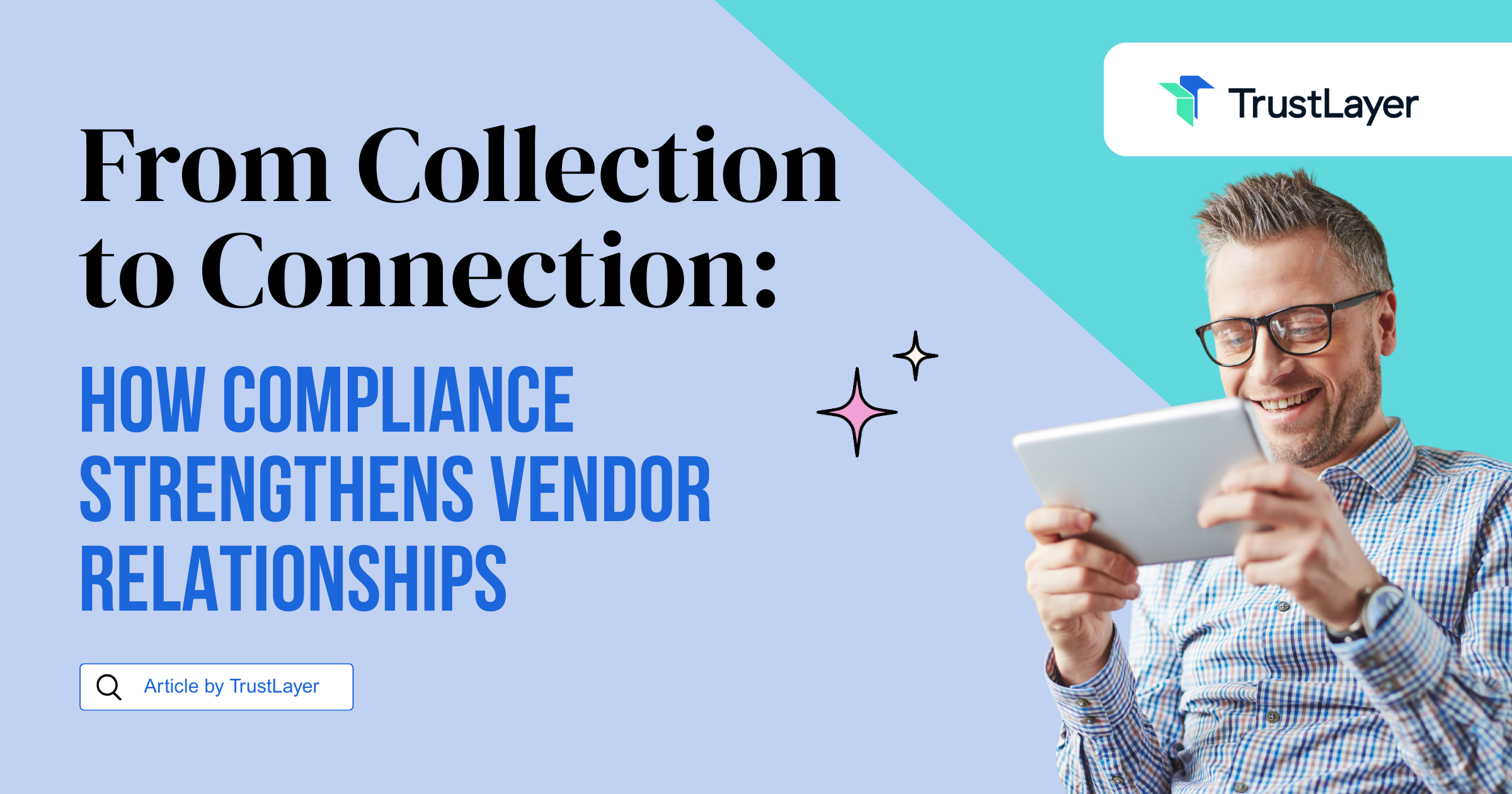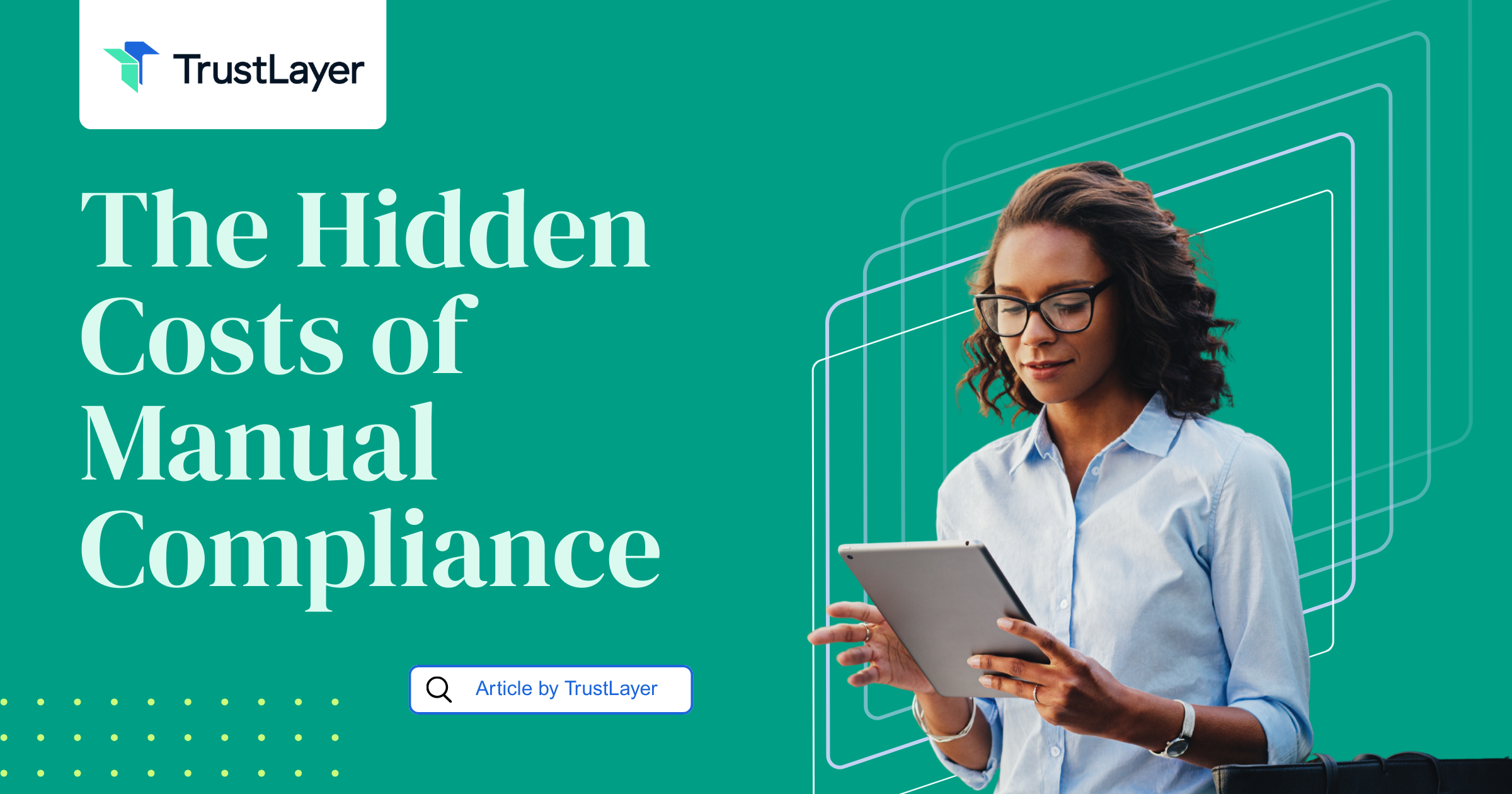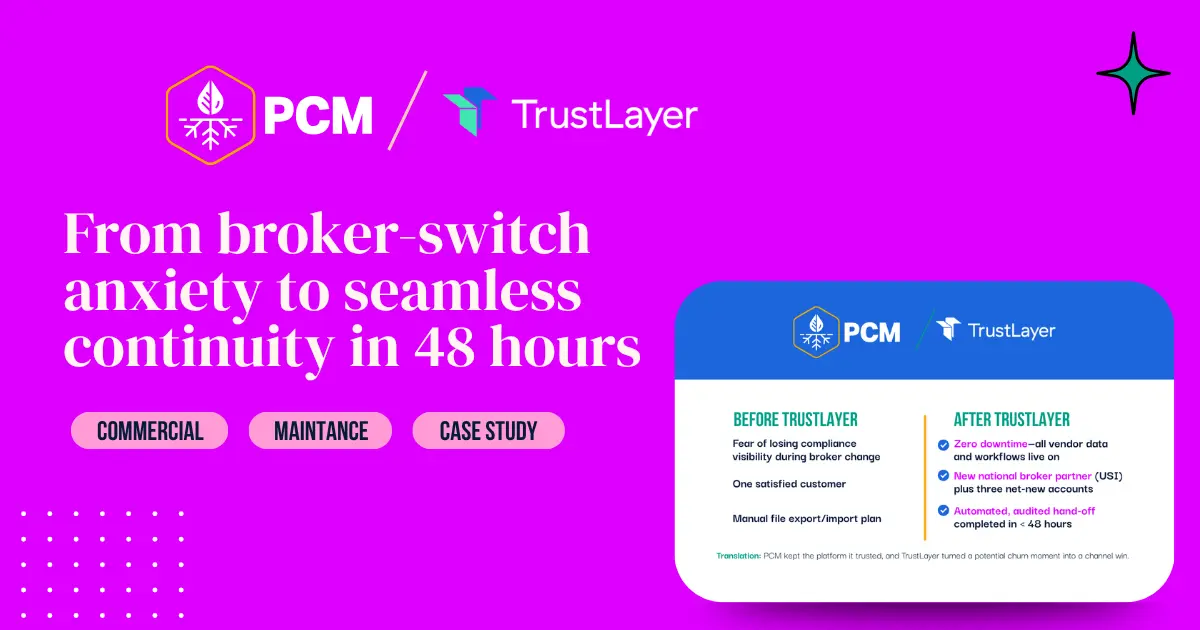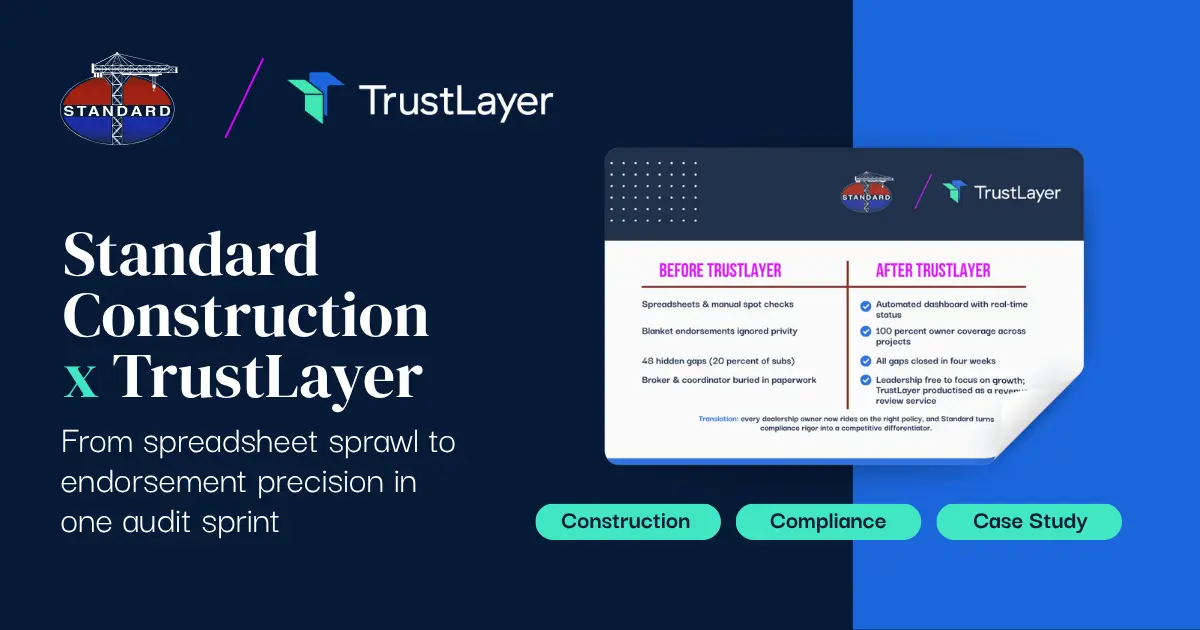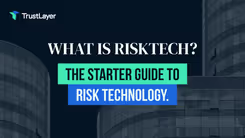Understanding the Benefits of a COI Tracking System
In today's fast-paced business world, managing risks and ensuring compliance is crucial for any organization's success. Handling certificates of insurance (COIs) can be particularly challenging. To streamline this process, many are turning to COI tracking systems. These systems offer a way to effectively manage, verify, and ensure that all parties meet insurance requirements, reducing liability risks. Let's delve into COI tracking systems, their importance, and the benefits they bring.
A Closer Look at COI Tracking Systems
A COI tracking system is a digital tool designed to manage and monitor certificates of insurance, ensuring that contractors, vendors, and partners have the appropriate coverage. This system simplifies verifying insurance certificates, tracking expiration dates, and ensuring compliance with insurance policies.
COIs are crucial in business transactions to mitigate liability and risk. They serve as proof of insurance, detailing the coverage types and limits an entity possesses. In the absence of adequate COI management, organizations risk financial loss and legal complications due to inadequate coverage from their partners or contractors.
Key Features of a COI Tracking System
An effective COI tracking system offers several features, including automated alerts for expiring COIs, easy access to insurance details, and tools for compliance management. By centralizing COI data, organizations gain a comprehensive view of their risk exposure and can proactively address issues before they escalate.
These systems allow for the customization of insurance requirements per contractor or project, ensuring that specific needs are met. Automated reminders and digital storage reduce the administrative burden, making COI management more efficient and less prone to error.
Benefits of Implementing a COI Tracking System
Adopting a COI tracking system offers numerous advantages:
- Risk Mitigation: Ensures all parties have valid, up-to-date insurance coverage, reducing the potential for liability issues.
- Compliance Assurance: Helps maintain compliance with internal policies and external regulations regarding insurance requirements.
- Operational Efficiency: Automates and streamlines the process of managing COIs, saving time and reducing manual errors.
- Enhanced Transparency: Provides a clear audit trail of insurance certificates, improving accountability and transparency among stakeholders.
- Improved Decision Making: Offers insights into the organization's risk posture, enabling better-informed decisions about partnerships and contracts.
Implementing a COI Tracking System
Choosing the right COI tracking system involves considering factors such as functionality, integration capabilities with existing systems, user-friendliness, and security features. Implementation includes configuring the system to meet specific organizational needs, migrating existing COI data, training staff, and rolling out the system for use.
The Future of COI Tracking
As businesses increasingly recognize the importance of efficient risk management, the demand for sophisticated COI tracking solutions is growing. Future developments may include advanced analytics, AI-driven insights for predicting risk levels, and more seamless integrations with broader business management systems.
In conclusion, a COI tracking system is an indispensable tool for modern organizations, ensuring that managing certificates of insurance is a streamlined, efficient process that supports overall risk management strategies. By embracing these systems, businesses can safeguard against unexpected liabilities, ensure compliance, and focus on growth and innovation.



